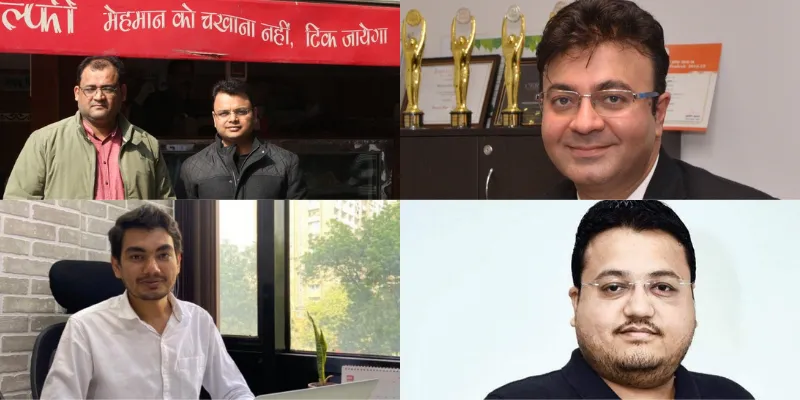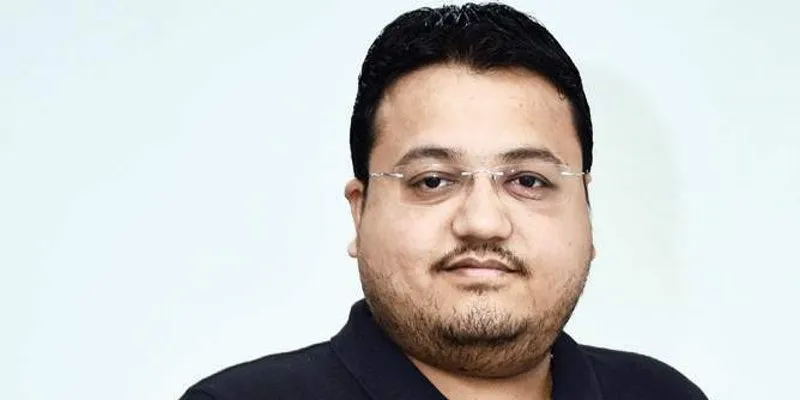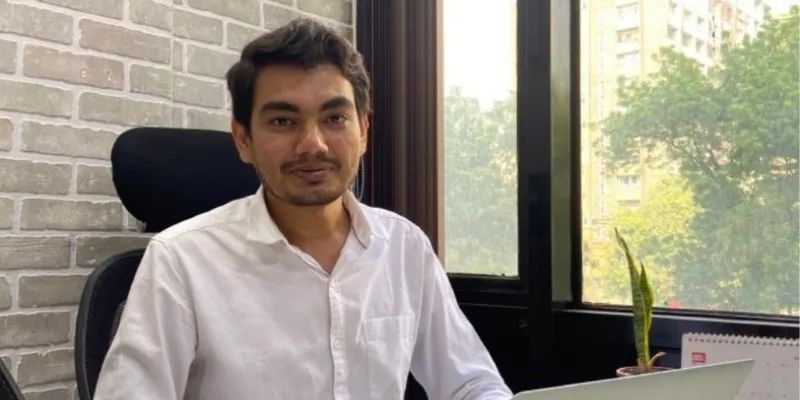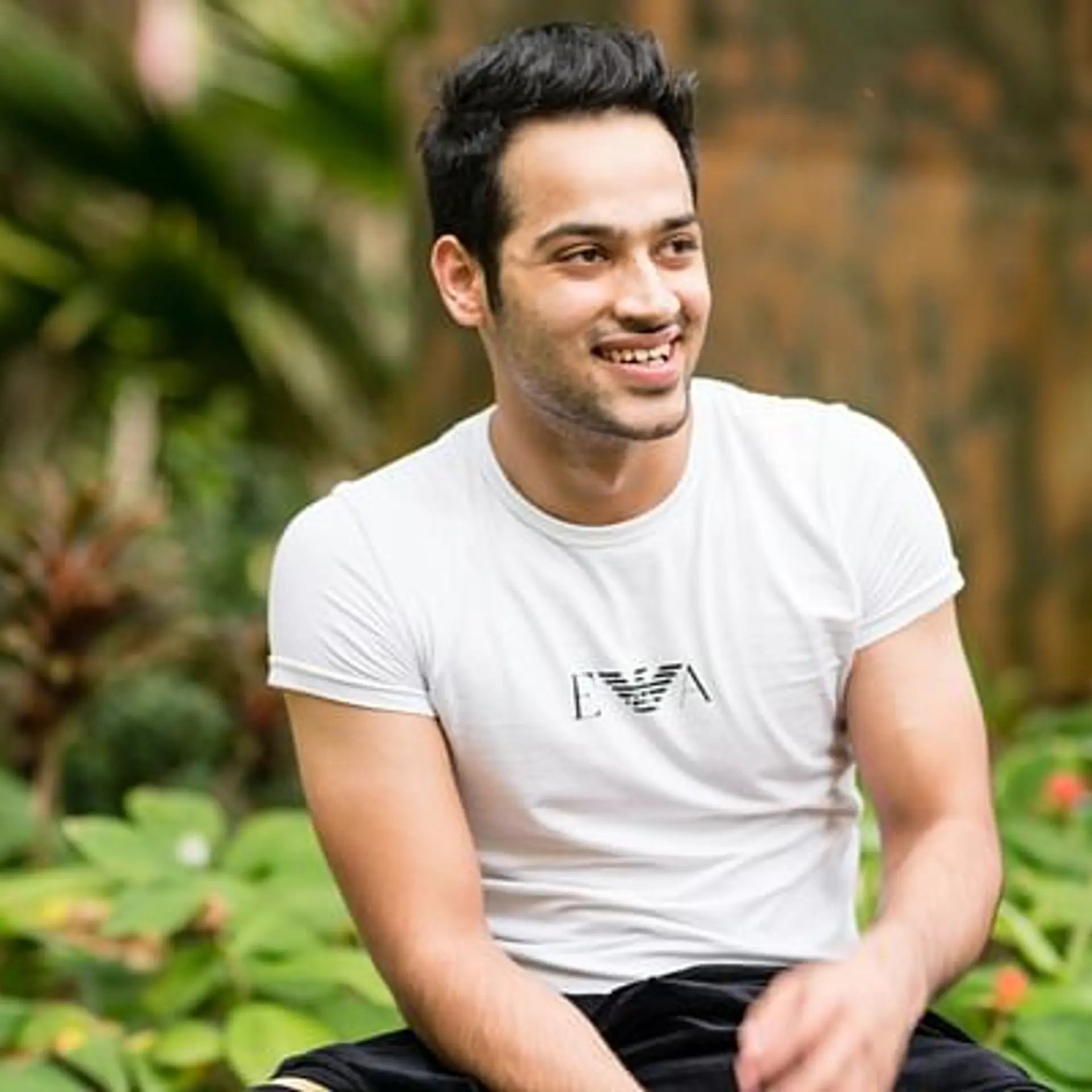How these entrepreneurs made it big despite humble beginnings: the top SMB stories of the week
Keen to start up on your own? The stories behind the setting up of these small businesses and their eventual success may inspire you to take the entrepreneurial plunge.

Almost every big business today began small. And it’s in these stories, in their challenges, struggles, and progress, that we see the true grit and spirit of an entrepreneur. SMBStory picks out four stories this week that show that small beginnings don’t hold you back from big dreams.
Thaggu ke Laddu

Ravi Pandey and Adarsh Pandey- Thaggu ke Laddu
Six decades ago, Ram Avtar Pandey, alias Mattha Pandey, would roam around the streets of Kanpur with a big thali full of laddus in his hands and a gamcha (fine cotton cloth) on his shoulders.
His laddus were so liked by everyone that they would wait for him eagerly in their neighbourhood knowing he would be passing their street with his delicious fare.
And guess what he named the laddus? Thaggu ke Laddu!
In an interaction with SMBStory, his grandson, the third generation entrepreneur of the brand, Ravi Pandey, says,
“Our grandfather was the follower of Mahatma Gandhi and was a regular at his public meetings. He would get motivated by listening to the Mahatma’s speeches. Once, Gandhiji referred to sugar as white poison. His words put our grandfather in a dilemma. As a follower of Gandhi, he wondered how he would prepare laddu without sugar? So he decided to be true to his customers and named his product Thaggu ke Laddu, implying that he was a cheat because he was using sugar in his laddus.
The brand name now comes with his popular line: “Aisa koi saga nahi jisko humne thaga nahi (there is no relative remaining whom we have not cheated).”
In 1990, he opened his shop and since then there has been no looking back. Though the brand was famous all over Kanpur, it instantly hit the limelight when in 2004, actors Abhishek Bachchan and Rani Mukherjee hit the spot to shoot for their movie Bunty aur Babli.
Since the last eight years, Thaggu ke Laddu has expanded in four locations in Kanpur, including Kakadeo, Express Road, and Govind Nagar. Recently, Ravi and Adarsh came up with the idea to target the young population of Kanpur and opened Cafe by Thaggu in the Tilak Nagar area.
The company rakes in Rs 4 crore annual turnover.
Kashi Jewellers

Shreyansh Kapoor, Vice-President, Kashi Jewellers
In 1948 when Kanpur was known as the trading hub of North India for all types of products—from masalas, oils, and flour to jewellery—Keshav Nath Kapoor hit upon an idea to start his own jewellery manufacturing and trade business in the city.
He was stymied by the lack of banks and other credit facilities; he just didn’t have the resources to capitalise on his idea. But, he didn’t give up. He had a dream to shine in the city’s jewellery market, which, at that time, had only two other jewellery brands — Bhagatram Jai Narayan Jewels and PP Society. So, he forged ahead to melt his wife’s 200 gm of jewellery and initiate his entrepreneurial journey by starting Kashi Jewellers.
In an interaction with SMBStory, Shreyansh Kapoor, a third-generation entrepreneur of Kashi Jewellers Pvt Ltd, says,
“My grandfather first set up the shop in Nachghar, Kanpur (on now-Birhana Road) and became among the first three manufacturers and retailers of jewellery. Rather, he was one of the first to abandon the traditional floor-seated jewellery-selling model and brought in over-the-counter sales.”
In 1979, Kashi Jewellers started exporting and embarked on expanding its sales to Dubai, Saudi Arabia, and Qatar. The company then expanded its reach to London in 1985 and thereafter began sales to the United States in 1992 and was working with the top retailers in the States.
Shreyansh shares that Kashi Jewellers currently has one flagship store spread across 11,000 sq ft and four factories that cater to the wide wholesale network. The company is seeing a growth of 30 percent year on year.
Specsmakers

Pratik Shah
When Pratik Shah returned home from the US after completing his studies from the Spears School of Business, Oklahoma State University, US, he didn’t join the corporate sector like most others did.
Call it fate, but after his return in 2004, he had to immediately take over his family’s optical store business as his father had taken ill. In a single stroke, Pratik’s life completely changed, and he was engrossed in the family-owned business, which was started by his father 30 years ago.
Although the single-store company was doing well and was seeing Rs 50 lakh revenue per year, Pratik felt it had the potential to do better. He says: “While I took over the family business, I realised that it had the potential to become a brand. I travelled to China and began extensive research on how retail in India can become a brand play. I met several suppliers and realised how to optimise the supply chain for the store by buying high quality yet affordable materials.”
In 2008, Pratik rebranded the business from Venkateshwara Opticals to Specsmakers, and opened two more stores in Chennai. However, it was from 2011 that Chennai-based Specsmakers started eyeing expansion. The brand also managed to raise its first pre-seed round in 2014.
Today, the company has more than 250 stores in 23 cities across India, is seeing revenues to the tune of Rs 53 crore, and is growing at 51 percent year on year. It sells glasses for as low as Rs 200 per pair.
Flexispaces

Sandeep Singh, Founder, Flexispaces
Gurugram-based Sandeep Singh’s father drove buses and the financial situation did not permit Sandeep to get a professional degree. He had to drop out of Kirorimal College in Delhi, but this didn’t stop the college dropout from pursuing his dreams of becoming an entrepreneur.
“I started watching videos on YouTube and picked up skills in website development. I started a web service agency, Guru Infosys, when I was just 23, and I later started education portal Edunuts” he tells SMBStory.
But things didn’t go as planned.
He says, “My last product failed to take off as per expectations, and the failure took various shapes and negative experiences. It was not just product failure, but it was a failure of time, effort, capital, and, most importantly, a stunning team which I built over four years of hard work.”
After losing office space because he couldn't afford it, Sandeep looked into working out of a coworking space. This inspired him to take the entrepreneurial plunge again and start Flexispaces in 2019. They say third time’s the charm. The startup grew quickly and partnered with over 100 coworking spaces run by Awfis, Cowrks, 91springboard, Instaoffice, and more.
Flexispaces is making over Rs 1 crore since its inception, Sandeep says.









